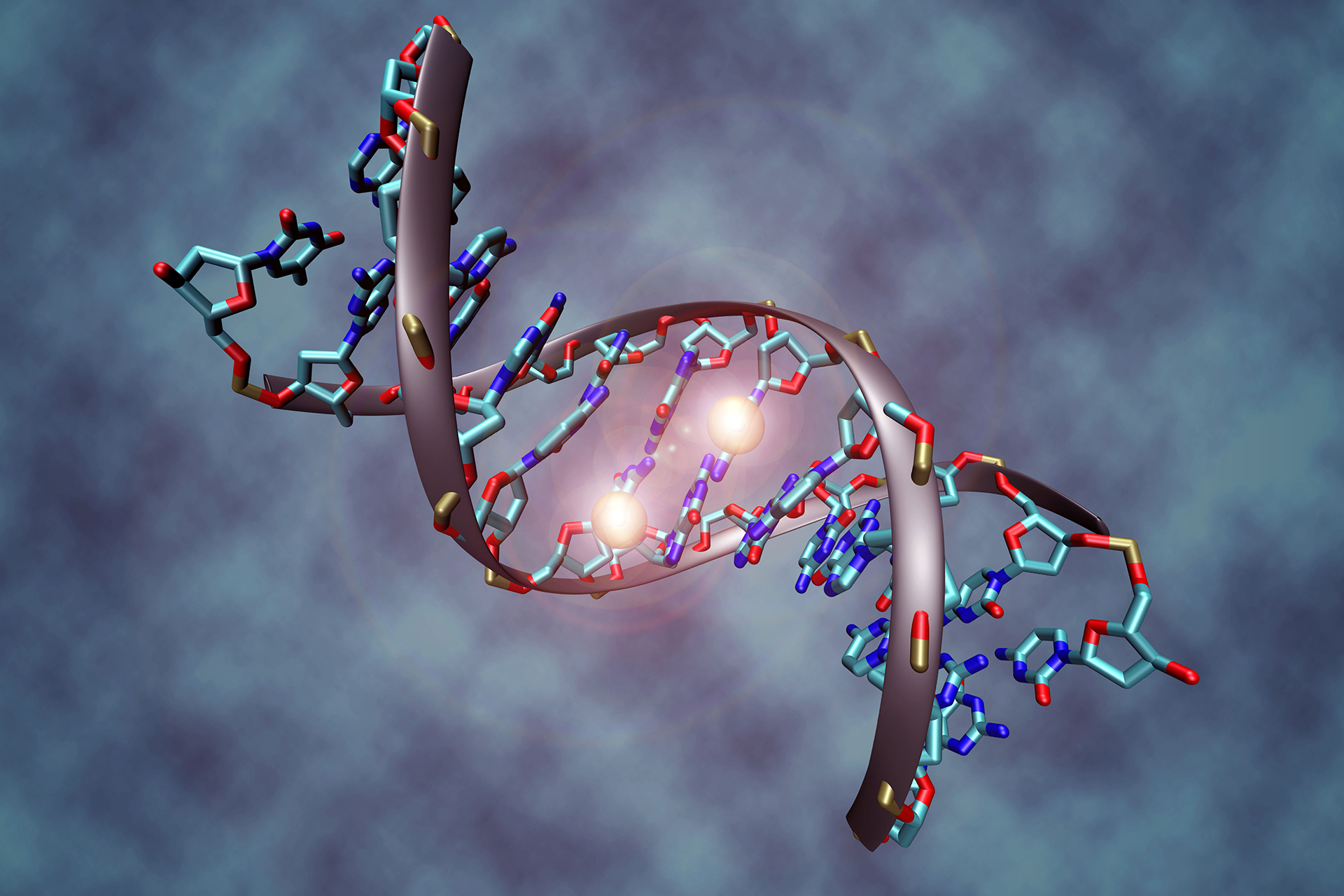A study on identical twins with different autistic traits suggests that epigenetic factors may be important in understanding how the neurological disorder develops.
'Our findings give us an insight into the biological mechanism mediating the interaction between gene and environment in autism spectrum disorder (ASD)', Dr Chloe Wong, a post-doctoral researcher at King's College London's Institute of Psychiatry and the first author on the study, commented.
Family studies indicate that ASD has a strong genetic component. However around 30 percent of identical twins with autism show striking discordances in their ASD symptoms. As identical twins have identical DNA, this suggests that gene sequences alone cannot completely determine the development of the condition.
Mechanisms that affect gene expression without altering the underlying sequence are known as 'epigenetic' and these can be induced by environmental factors. One important epigenetic mechanism is DNA methylation, where a small chemical modification is imprinted on the DNA, most often acting to switch off nearby genes and shut down their expression.
In this study, published in Molecular Psychiatry, researchers analysed the DNA methylation signature across the genome for 50 identical twin pairs, including some twins who both exhibited ASD, others in which only one twin showed signs of the disorder, and a final control group of unaffected twin pairs.
Dr Wong says the team 'identified distinctive patterns of DNA methylation associated with autism diagnosis, related behaviour traits and increasing severity of symptoms'.
In the paper, the team suggests that variations in DNA methylation could alter gene dosage, thereby varying disease susceptibility. They also argue that their study highlights the notion that 'environmentally mediated effects on the epigenome may be relatively common and important for disease'.
Optimistically, Dr Jonathan Mill of the Institute of Psychiatry and the University of Exeter, the paper's lead author, said: 'Epigenetic changes are potentially reversible, so our next step is to embark on larger studies to see whether we can identify key epigenetic changes common to the majority of people with autism to help us develop possible therapeutic interventions'.
Sources and References
-
Twin Study Elucidates Epigenetics’ Role in Autism
-
Twin study shows environment interacts with genes in autism
-
Epigenetic changes shed light on biological mechanism of autism (press release)
-
Beyond Autism Genes: Epigenetic Differences in Identical Twins
-
Methylomic analysis of monozygotic twins discordant for autism spectrum disorder and related behavioural traits





Leave a Reply
You must be logged in to post a comment.